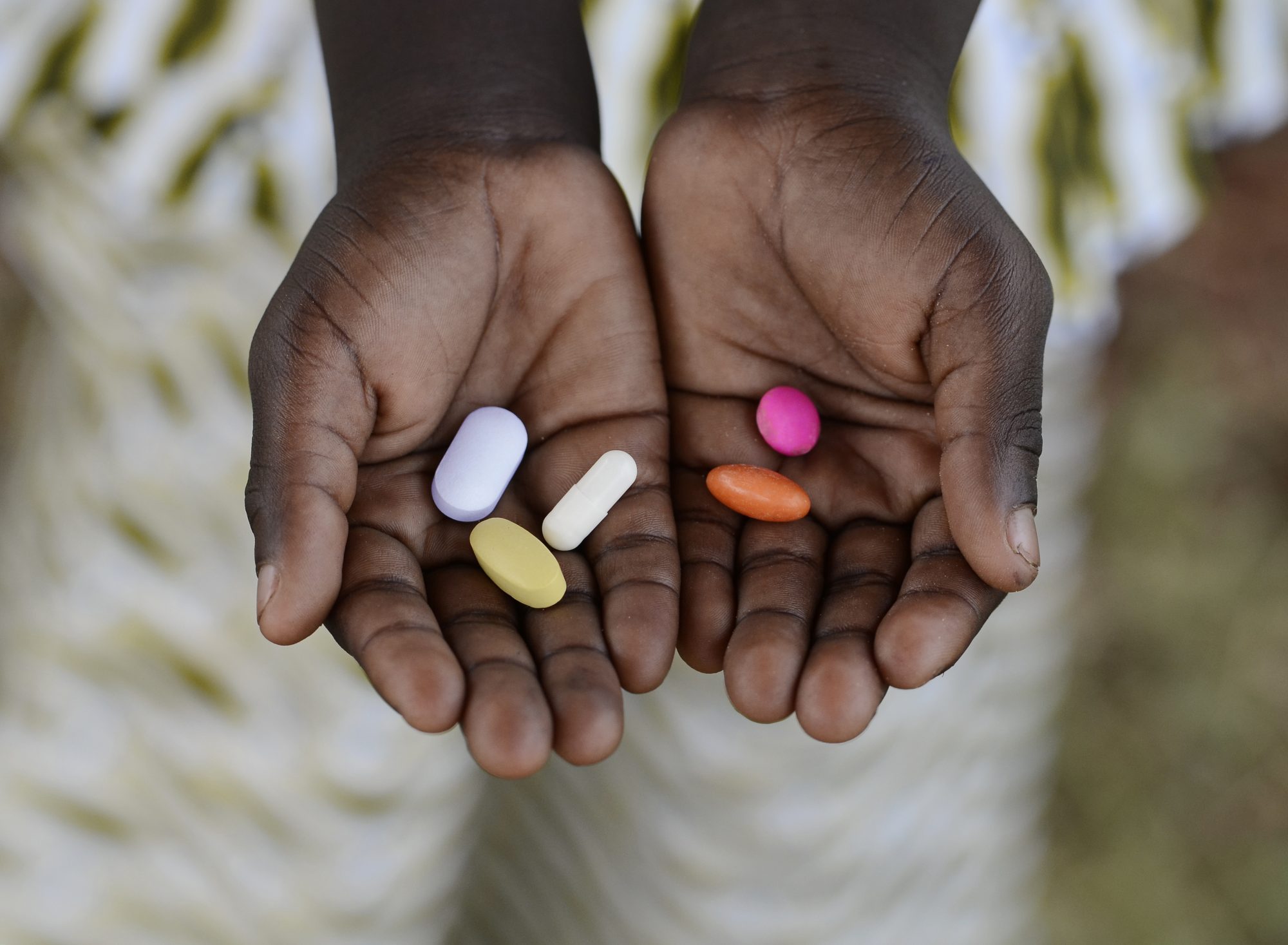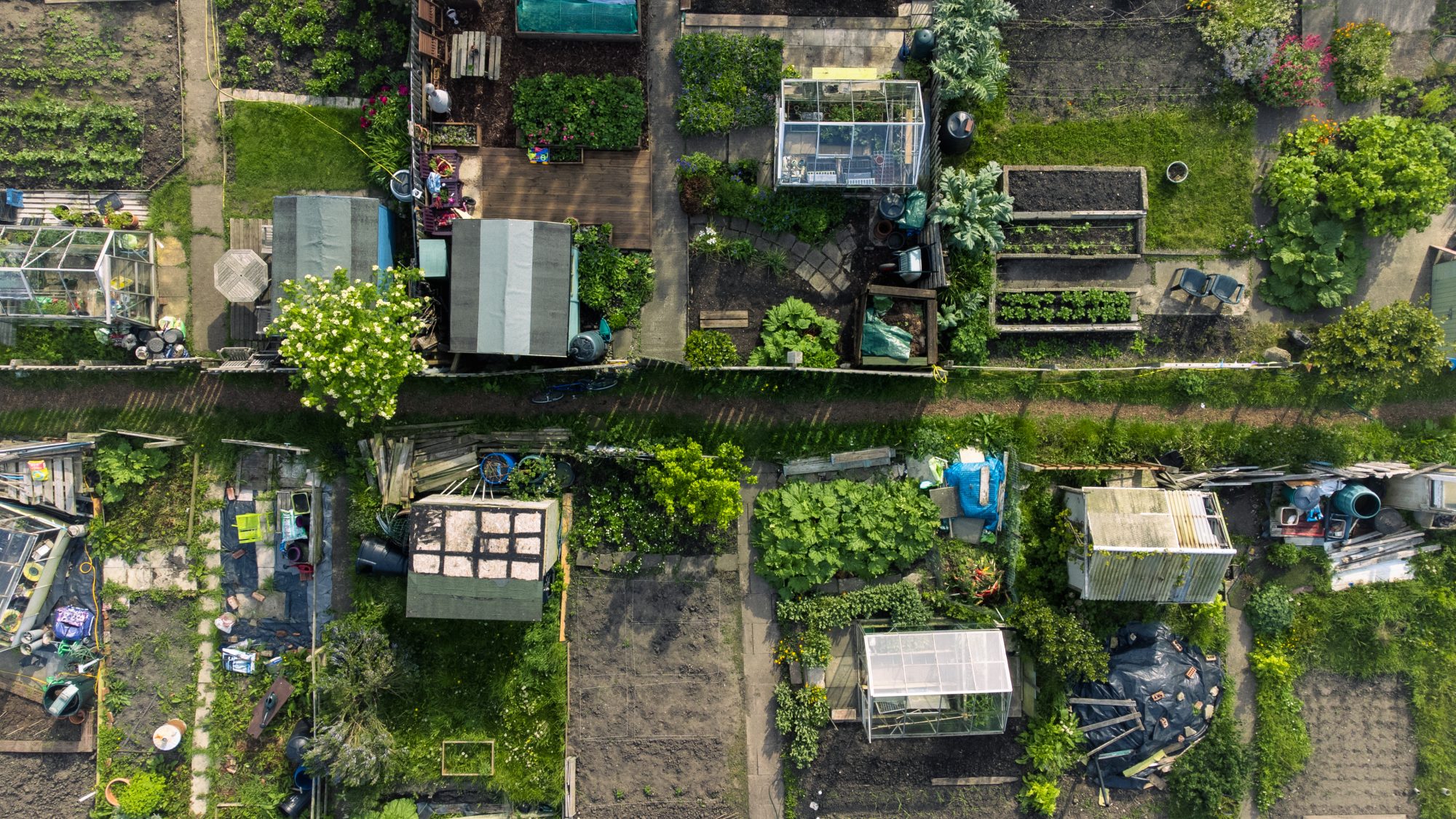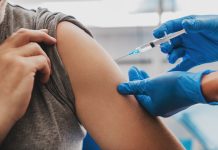An urban gardening program has received $3.4 million to reduce food insecurity in the Dominican Republic – and was also found to greatly improve HIV outcomes
HIV is one of the top five causes of death in the Dominican Republic. With nearly 70% of people with HIV having food insecurity, researchers look to urban gardening and food-generating activities to promote healthy diets from home.
The USDA defines food insecurity as a lack of consistent access to enough food for every person in a household to live an active, healthy life.
The urban gardening and peer nutritional counselling program is the first trial to integrate nutritional counseling with food-generating activities among people with HIV who have food insecurity.
The UMass Amherst researcher who designed the urban gardening program was awarded a $3.4 million grant for intervention in the Dominican Republic, as food is needed for HIV medication to work.
For those without food, HIV outcomes were far less managable
Antiretroviral therapy is affected negatively by food insecurity.
In order to achieve viral suppression and reduce the disease and economic burden of HIV, the team from the University of Massachusetts Amherst and the National Institute of Mental Health looked at health improvements and their correlation with food intake.
In Latin America and the Caribbean, as highly effective antiretroviral therapy (ART) was made widely available for people with HIV around ten years ago.
However, with this medication’s success, there was an unexpected barrier to effective treatment – a lack of food.

Principal investigator Kathryn Derose, professor of community health education, said: “We kept hearing from people we interviewed that food insecurity – not having food to take the medication with – was either causing people to not take it or to take it irregularly.
“This was interesting because everybody was all worried about the cost of this treatment, and the problem was people not having food. And those early lines of therapy particularly required that they be taken with food because the medication was very toxic to the system.”
The ProMeSA trial and the importance of healthy food
This was tested in a randomized, controlled trial called ProMeSA, or ‘Project to Improve Food Security’ in Latin America and the Caribbean.
This test showed positive results, as the intervention decreased food insecurity, reduced detectable viral loads and missed clinic appointments, and increased ART adherence.
Researchers note that food insecurity often involves a lack of healthy food also – meaning those with access to food may still have worse outcomes because it is unhealthy.
There is a need for nonperishable foods, food that can be easily delivered, and fresh fruits and vegetables.
Derose said: “In Latin America, the people living with food insecurity tend to span the nutritional spectrum, from underweight to overweight and obesity.
“We started thinking about it and proposed urban gardens as the food access component, paired with the peer nutritional counseling, which would be more appropriate across the spectrum of nutritional status and more sustainable in the long term.”
“The people living with food insecurity tend to span the nutritional spectrum”
Healthy food is vital not only for HIV patients but also people with other conditions like diabetes. These findings may have a broader application to help people with food insecurity who have other medical conditions.
Principal investigator, Kartika Palar, said: “We will have the numbers to inform not only this intervention going forward but potentially other interventions that are trying to address food insecurity among people with chronic disease.”
Seven provinces with high HIV rates to receive urban gardening training
The team are going to implement the urban gardening program in seven provinces that have the highest HIV prevalence in the country.
They will measure the effects on HIV clinical outcomes and food security, as well as other important outcomes, such as internalized and experienced stigma, at six months, 12 months and 18 months.
Derose said: “Social relations are intentionally strengthened in the intervention. The garden training is done in groups, and there is a cooking workshop that integrates nutritional knowledge, education and the gardens.
“The peer nutritional counseling is also a social intervention and incorporates the peer leader’s experience growing a garden and eating healthy on a low income.
peer nutritional counseling is also a social intervention and incorporates the peer leader’s experience growing a garden and eating healthy on a low income
“These components are all meant to reinforce each other and interrupt the ways that food insecurity leads to poor HIV outcomes, and we will be able to look at this in fine detail in this larger study.”








